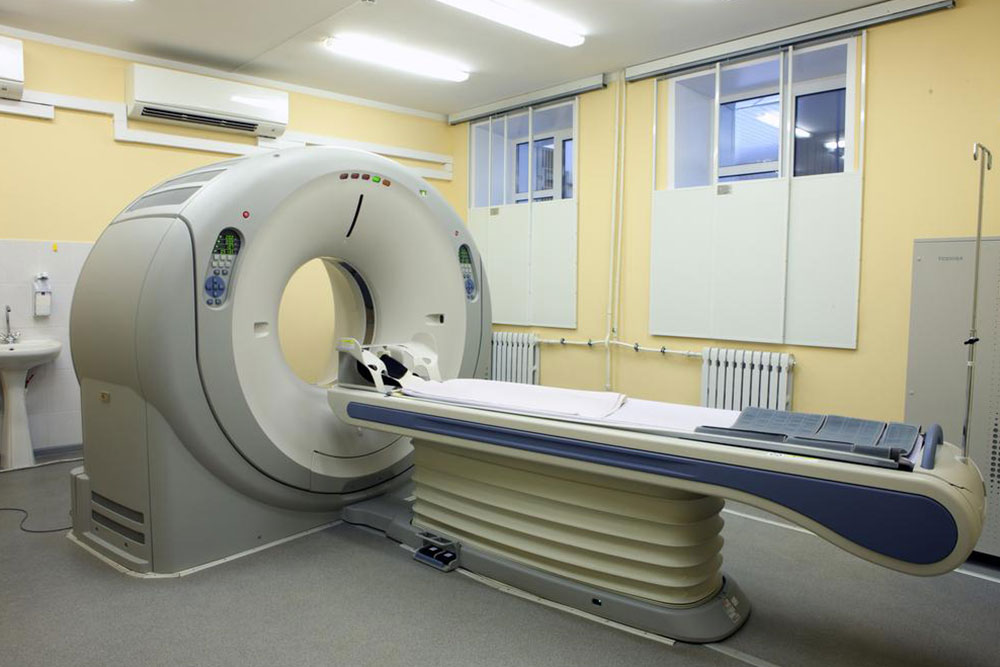What you need to know about a knee MRI scan
An MRI scan uses magnets and radio waves to capture images inside the body without making a surgical incision. MRI scans can be performed in any part of the body. Knee MRI scans allow the doctors to inspect various elements of the knee that might have been injured from regular wear and tear or due to a physical injury. These types of MRI scans provide detailed images of various knee sections such as the bone, cartilage, tendons, muscles, blood vessels, and ligaments.
Knee MRI scan is suggested if there are abnormalities detected within your knee. It helps the doctors visualize the internal structure of knee, thereby determining the possible cause of the pain, inflammation, weakness that the patient might be experiencing.

Knee MRI scans is usually recommended to diagnose and treat types of conditions such as-
- degenerative joint disorders such as arthritis
- bone fractures
- damaged cartilage, tendon or ligament tear
- fluid buildup in the knee
- problem with implanted medical devices
- tumors
- sports and trauma-related injury
With knee MRI scans, the doctors might also perform other imaging tests such as X-ray, knee arthroscopy. Knee arthroscopy is a minor surgery in which the doctor makes a small incision and inserts a scope using a camera.
Risks of knee MRI scan
Although knee MRI scan poses no risks to the average patients when safety guidelines are followed, there are sedation risks involved.
The strong magnetic field is not harmful but the implanted medical devices containing metal elements may cause malfunctioning and might cause harm to the patient during an MRI exam.
When undergoing MRI scans, high doses of gadolinium-based liquids injected might cause nephrogenic systemic fibrosis which might degrade kidney functioning.
There could also be a slight risk of allergic reaction by using these contrast materials, but these can be controlled by medication.
Manufacturers of these intravenous contrast medications suggest that mothers should not feed their babies for 24-48 hours after the medicine is given as it might develop allergic reactions in the babies.
Before you go for a knee MRI scan, tell your doctors about any health problems, recent surgeries or allergies that you might suffer from. You will be provided with medical guidelines and eating and drinking before you undergo the scan. Take your medication as usual unless you are told otherwise. Your doctors will also instruct you to leave jewelry at home and wear loose and comfortable clothing before you enter the MRI machine. Talk to your doctor if you have claustrophobia or anxiety-related issues.

